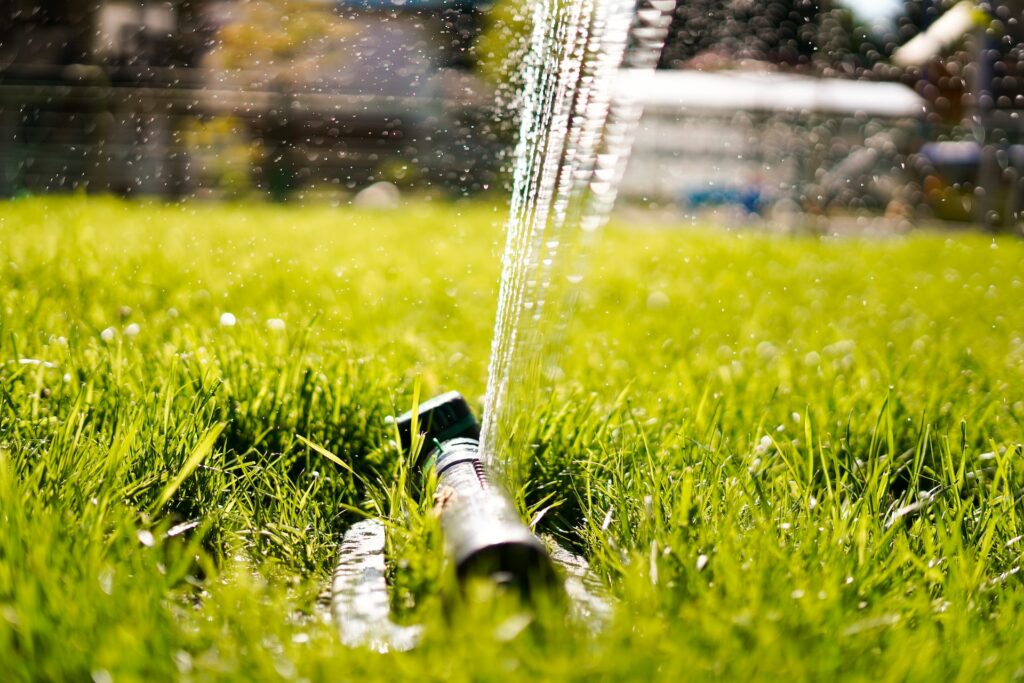
Growing up, we are taught to save water by turning the faucet off while we brush our teeth, or by taking short showers instead of baths. Every bit of saved water is important, but recent research indicates that water use in our yards can really move the needle.
“Florida is facing a water crisis and we all have a part to play in protecting our state’s water,” said Nick Taylor, UF/IFAS state specialized Extension agent and leader of H2OSAV, the program that led the study. “The work we do indoors to reduce water use is important, but what can make the greatest difference is changing how we water our landscapes.”
Previous research by UF/IFAS found that the highest water users spend 60 to 70% of their total water use on their yards. Many homes in Florida do not have an irrigation system. For those that do, reducing outdoor water use is the key to making truly impactful steps towards water conservation.

This study analyzed data from more than 1 million homes across nine Florida counties. They found that the average home with an irrigation system uses at least 991 gallons of water each time they water their lawn. This is equivalent to showering for more than eight hours, doing 37 loads of laundry in a high efficiency washing machine or running the dishwasher 50 times.
“We want to help people understand the magnitude of water used for a single irrigation event,” said Taylor. “Often, people are overwatering their lawns so skipping irrigation events is a good place to start.”
Here are some tips and resources to reduce outdoor water use and still maintain outdoor spaces you and your family can enjoy.
- Only water your landscape when it needs it. Many people are overwatering their lawns, which increases weeds, reduces drought tolerance and, of course, wastes water.
- Make sure you have a working rain sensor device — it’s the law! If you want to go a step further, you can install a smart irrigation device that helps your lawn get the right amount of water. Check your local utility to see if they offer a rebate or free irrigation audits.
- Always check local watering restrictions before turning on the sprinklers. This scheduler is a helpful tool to make watering decisions.
- Consider reducing your landscape’s irrigation needs. Install no or low-water use landscape beds with drought-tolerant plants. The Florida-Friendly Landscaping™ plant guide can help you select the right plants for your landscape that require less water.
- Contact your local UF/IFAS Extension office for guidance. Extension agents in all 67 counties are available to help you reduce your water use and care for your yard.
For more information on how you can protect Florida’s water resources, visit the Ask IFAS water conservation section.


New homes and apt. complexes are built on clearcut lots devoid of old shade trees. The full sunlight all day results in drying out the new landscaping unless it’s watered until the roots grow. I suggest choosing types of grass used by FDOT along highways, which grows fine without watering. And the same for other plant, bushes and trees.
Thanks for this information. I never knew how much water is being used (wasted) on my lawn. I will now rethink the enormous waste it amounts to.